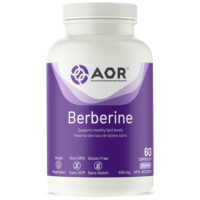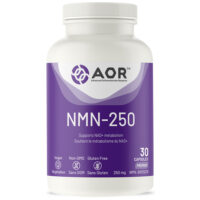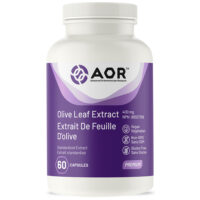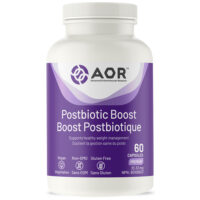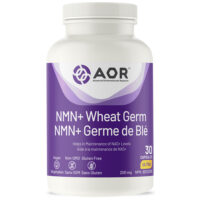As most of us search for the perfect diet, you may be surprised to learn that bee pollen and weight loss have been linked.
Research has found that bee pollen increases the metabolism, thereby speeding up the rate at which calories are burned. In fact, it is thought that pollen from the honeybee is even more potent as a weight loss alternative. The pollen itself is low in calories, and it contains a substance called lecithin which allows fat to dissolve more readily in the body. In addition, the effect bee pollen has on cholesterol is positive, and can decrease cardiovascular disease as a result.
Another reason why bee pollen is so effective in losing weight is that it suppresses the appetite. Once you have a regular meal, you feel sated and do not require a second portion or snacks later on.
Here is another amazing fact. The amino acid in bee pollen can also increase weight. Hold on, this is not a contradiction. Simply put, there is an amino acid within the bee pollen called phenylalanine. Now what this does is signal to the body whether or not it is being deprived of food or needs food to survive. Amazing, isn’t it?
Bee pollen is also known as an energizer and has a domino effect on the body. The more energized you are, the more you will engage in physical activity, which will result in the loss of more weight.
Experts also note that the reason why some cannot lose weight, or gain weight for that matter, is due to a “chemical imbalance within the body‘s metabolism”. When bee pollen is introduced, therefore, there is a stabilizing effect which can bring the body back into balance and can attribute to either weight loss or weight gain.
Bee pollen is available in capsule form and can be taken in conjunction with a weight loss program. However, it should be stressed again to consult with your doctor before beginning any weight loss program, as well as ascertain if you are allergic to the pollen itself.
Now a word about phenylalanine that should be addressed: This chemical is found in decongestants and appetite suppressants. This should not be taken as a supplement since it can cause severe side effects.
In addition, pregnant women, children, and nursing mothers should not use bee pollen as there is not sufficient data to explain how it would affect this group. Consult with your physician before deciding on any course of dietary supplementation.


